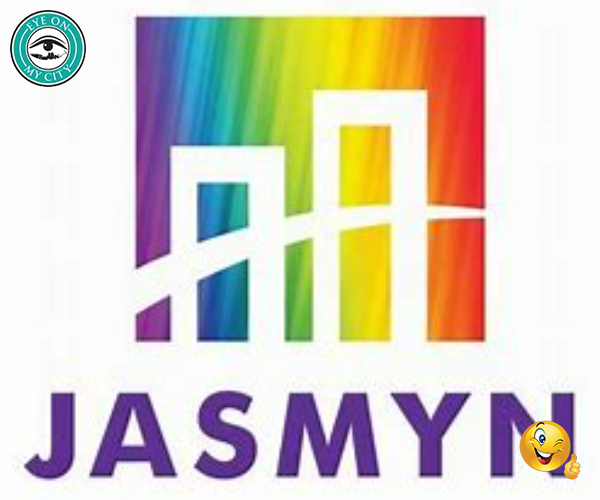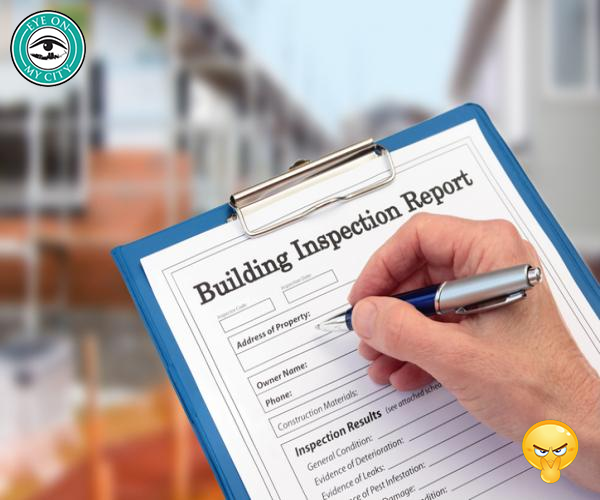Hungry for money, Duval Schools have shown their insatiable appetite for tax increases and lavish spending. Over two billion dollars a year are spent in regular operations, another two billion recently approved via referendum for capital improvements, and they are asking for another $81 million a year in ad valorem taxes in the upcoming August Election. But, is this the right move to solve the problems of a growing school district? Not only is the answer a resounding “no,” but DCPS is not growing at all! The fact is, they are losing enrollment to charter, private, home school and neighboring counties at an alarming pace.
In the last ten years, DCPS has lost nearly 12,000 students from its enrollment! Let’s put that in perspective; the average school district in the United States has about 4,000 students1. DCPS has lost the equivalent of three US School Districts of enrolment in just the last decade. But as we have witnessed, Jacksonville has grown in population over that time. Clearly, parents are choosing other educational options.
While often maligned by traditional education advocates and left leaning teachers unions, Charter Schools have come into their own, now representing 17% of school enrollment. In total, about 22,000 Jacksonville students now attend Charter Schools (independently run public schools operated by non-profits). What’s more, charters are seeing explosive growth and are becoming the preferred choice for discerning parents. In the US, charter schools on average spend $7,131 on a single student1. That number jumps to $12,201 for public schools1. Total cost for a single student in Duval Public: Just short of a dizzying $20,000!

You may be wondering if these enrollment numbers come from a credible source – they do. They originate from the district’s own study conducted in December of 20212. What’s more, their projections for student enrollment show no stopping the downward spiral of enrollment for traditional public schools. At the same time, alternative delivery like home school, private and charter are all projected to grow markedly in the next ten years (chart, red line)2.

Local citizens are being repeatedly asked to pony up more and more money to preserve an antiquated system that is clearly less and less the choice of parents. The district and its labor union partners frequently use “guilt tactics” about underpaid teachers and students lacking resources. The fact is, it’s not only about teacher salary and funding. A recent national teachers union survey showed the most common reason for teachers leaving the profession is the government’s own failed response managing schools in these troubled times, how they handled Covid and resulting teacher burn-out3.
Traditional public education is plagued with outdated thinking and operates in the interest of organized labor and collectivist political ideology. It has always been an “input driven” system where the results are secondary to the resources put into it. The trend in student enrollment is clear and parents are acting in the interest of their children. The idea of allocating more money to educate fewer children in a system many are trying to escape should be challenged. It is time to look at new solutions – our future depends on it.
__________________________________________________________________________
1 Centers for Educational Reform:
https://edreform.com/2012/04/k-12-facts/#schools
2 DCPS 2021 Study of Enrollment (PDF): https://scottshine.files.wordpress.com/2022/07/ep_rpt_duval_sy2122_20211221_final.pdf
3 National Education Association:
CATO Institute on True Cost of Education









